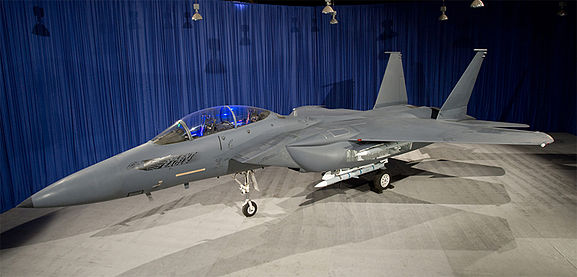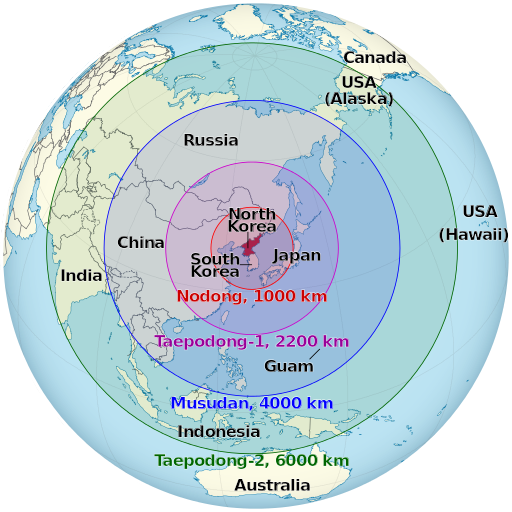Every time somebody suggests that Toronto be seriously involved in an Olympic bid, I become a big supporter of the other competing cities. Toronto is dysfunctional enough without adding the cost, disruption, and anti-democratic central planning aspects of hosting the Olympic games. In Samizdata, Michael Jennings looks at the shenanigans going on both in Sochi with the current Winter Games and in future venues:
The 2018 Winter Olympics are in Pyeongchang county in South Korea. Assuming that North Korea does not collapse or try to start a war between now and then, this will be straightforward, as these things go. A vast amount of money has been spent building new world class ski resorts at Alpensia and Yongpyong. These have largely been built already. They were built in anticipation of Pyeongchang winning the Winter Olympics. Pyeongchang also made unsuccessful bids for the games of 2006 and 2010, and has therefore been building for some time. There are already large financial black holes from the construction of these venues, but one cost overruns will be anywhere near as bad as have come from the highly corrupt race to get things built on time that took place prior to Sochi. Plus there have been and will be time for lots of test events to get the venues right. Of course, there are still highly expensive new highways and railways to be built, and a lot of indoor venues to be built for the ice events in the coastal city of Gangneung. As national pride is at stake, South Korean taxpayers will undoubtedly suffer painfully, but South Korea is a rich industrial democracy with competent people in charge. These games will likely go smoothly, but they will cost a lot — just not as much as Sochi.
The venue for the 2022 Winter Olympics has not yet been decided, but the IOC announced last year there were six final bidders: Stockholm (Åre), Sweden; Oslo, Norway; Krakow, Poland (Zakopane, Poland and Jasná, Slovakia); Almaty, Kazakhstan; Lviv, Ukraine; and Beijing (Zhangjiakou), China. [It has always been the case that the indoor ice events would be held in a city and the outdoor snow events in a mountain resort. In recent times the need for the city to be close to the resort has been relaxed somewhat, and I have listed the mountain resort(s) in brackets if it is a long way away from the official host city].
Sweden has already withdrawn their bid, and Norway appears to be close to doing so. The reason: they are seeing the immense expense and horrible shenanigans going on in Sochi. A little secret of the Olympics is that many of the the same people run it every time — the host city largely just picks up the bill. Once the event has ridiculous expenses and large amounts of outright corruption attached to it, this all comes with it to the next venue. Receiving kickbacks on construction projects becomes what it is all about.
Relatively uncorrupt places like Norway and Sweden look at this, and find that they want nothing to do with it. As great centres of winter sport, they have many of the right facilities already, meaning less scope for construction industry kickbacks. This means that for some of the IOC the fact that a country is already prepared for the Games is actually a negative rather than a positive.
Anyway, though, the point is that the two countries best able to host the games end up not being serious candidates.
As for the others: Poland and Slovakia would run the games just fine, but a fair bit of infrastructure and facilities would need to be built. Krakow is a lovely city. Zakopane is a lovely resort, and the Tata mountains are a suitable place for the games, even if the best downhill resorts are on the Slovakian side rather than the Polish side. (Some of the infrastructure construction would not be too counterproductive: Poland built lots of new roads, railways stations and airport terminals before the Euro 2012 soccer tournament, most of which were needed anyway and were part of Poland’s long term post-communist infrastructure modernisation). The Olympic games are not what money should be spent on in the present economic circumstances, though, and one also hopes that the richer countries of the EU are past paying for the Olympics to be held in the poorer countries of the EU (see Athens 2004). But with the EU, who knows?





